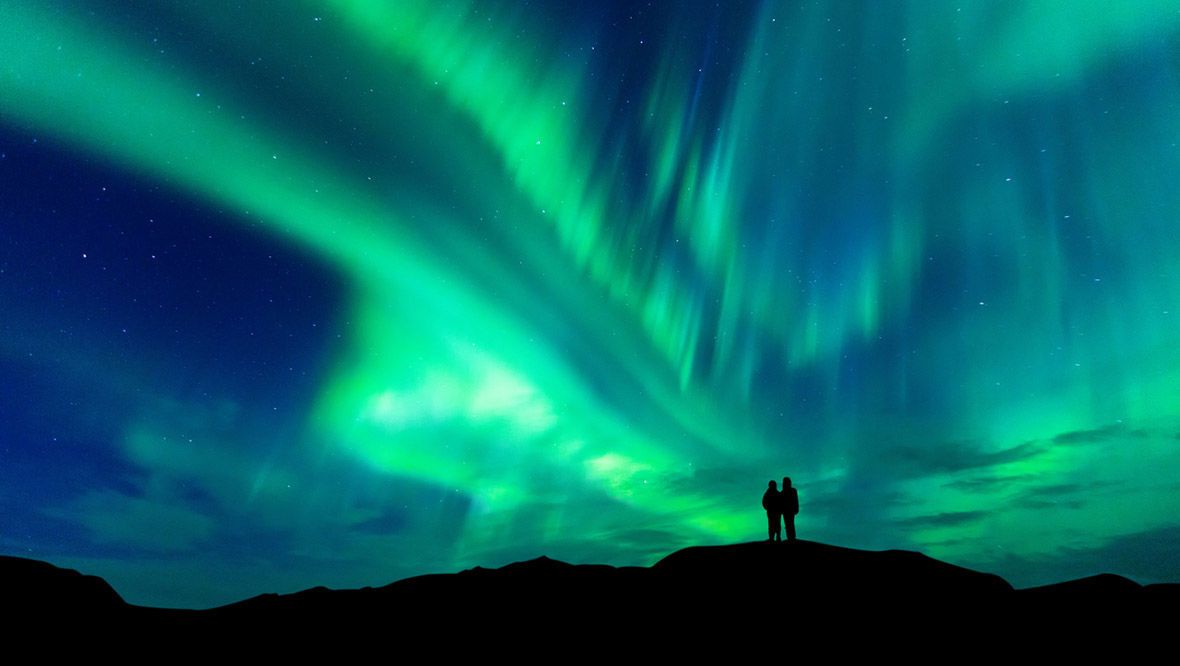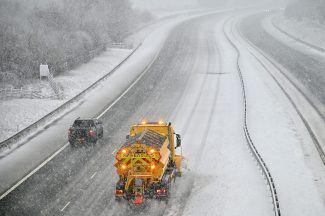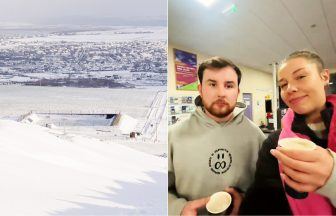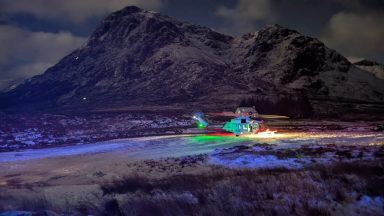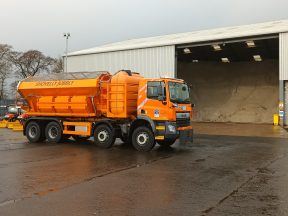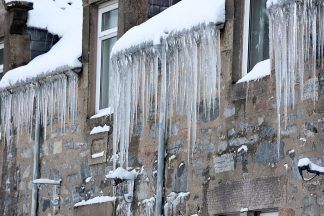If you’re heading out tonight, you may be in for a treat: two spectacular night sky events could show up – the Perseids meteor shower and the Northern Lights. Plus, it looks like there should be decent clear spells to hopefully catch a glimpse of something.
The Aurora Borealis has been intensified by a coronal mass ejection, a powerful burst of charged particles from the sun. When these particles interact with earth’s magnetic field, they create the mesmerising colours of the aurora. However, these heightened aurora levels will subside over the next few nights.
The sun is currently in an active phase of its solar cycle, expected to peak in 2025. During this ‘hotter’ phase, solar eruptions become more frequent, leading to more opportunities to witness the Northern Lights. While these displays delight aurora enthusiasts, they pose challenges for satellite operators, as solar flares can disrupt radio and internet communications, GPS, and even power grids.
A massive solar flare in 1859 was so intense that it caused electric shocks in telegraph operators and took down telegraph systems. Some equipment even reportedly functioned without being connected to a battery.
Currently, aurora activity recorded at the Lerwick Observatory is at major storm levels, G2-G3. If these levels persist into the night, the Northern Lights could be visible as far south as northern England and across Northern Ireland.
The best time to catch the aurora will be between midnight and 4am, when the skies are darkest. But don’t worry if you miss them this time—there will be plenty of opportunities in the next two winters, when the aurora is expected to be particularly active.
Tonight also marks the peak of the Perseids meteor shower, one of the year’s best. While most observers will spot only a few meteors, the shower can produce up to 100 shooting stars per hour. The Perseids are caused by debris from the comet Swift-Tuttle, which Earth passes through each year. Though the comet was last visible with binoculars in 1992, it won’t be visible to the naked eye again until 2126.
So, if you’re lucky, you might just catch the Northern Lights dancing in the sky while meteors streak across it – so get your wishes ready!
Follow STV News on WhatsApp
Scan the QR code on your mobile device for all the latest news from around the country


